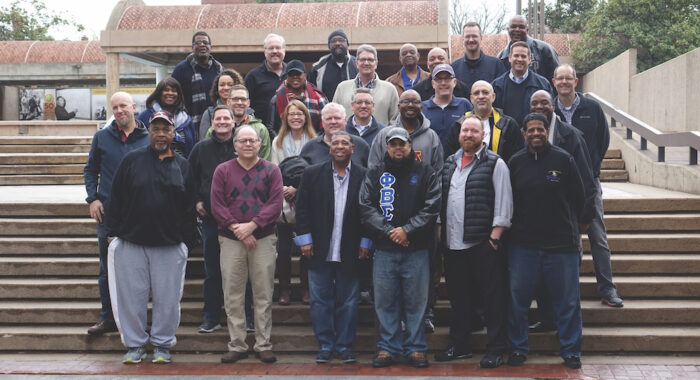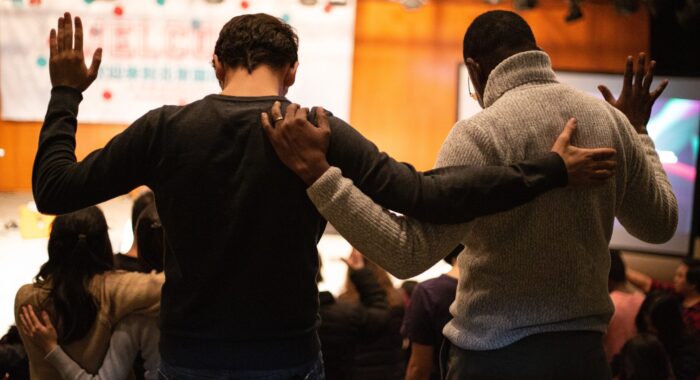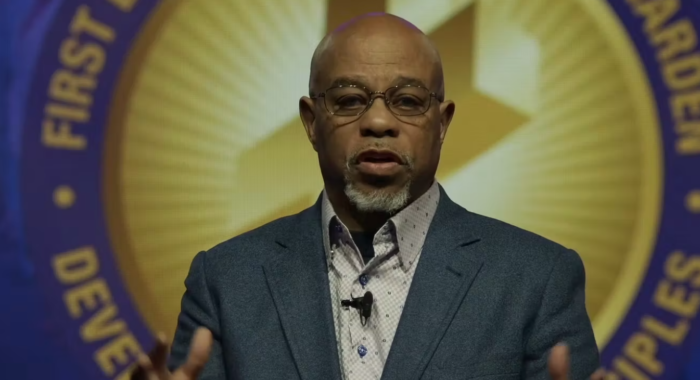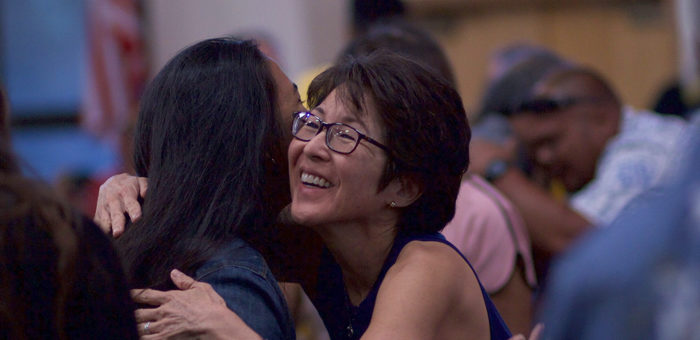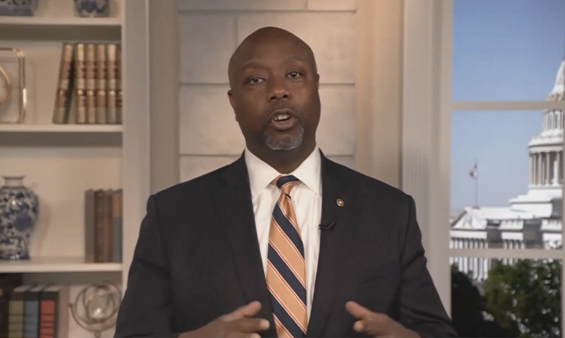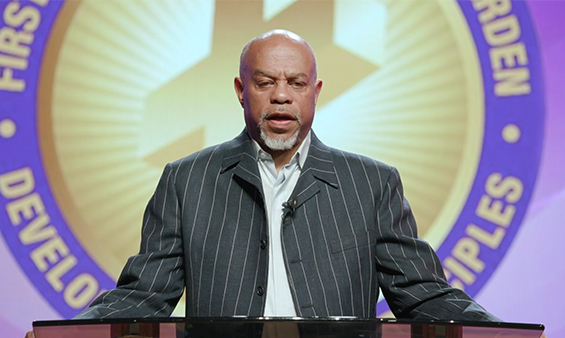Peter Scazzero, author of “Emotionally Healthy Spirituality,” often says, “Jesus may be in your heart, but Grandpa is in your bones.”
He asserts that we must be clear about the influence of family history and patterns, because the blessings and sins of families have lasting impact. The consequences of actions often repeat themselves in families through three to four generations. Undiscovered or unexamined, we often find ourselves unwittingly shaped, informed and influenced by forces and factors in our past. While they are not matters of our choice, they are matters of our inheritance. It is only by coming to awareness of them that we can overcome the negative ways that they affect us and others.
What is true of us individually is also true of us institutionally and nationally. In order to properly address the health of our nation, we must come to terms not just with what’s in our hearts, but also what is in our bones.
Race and racial injustice are in the bones of America in the forms of the tragic mistreatment of Native Americans, the expressions of anti-Semitism, the impact of African-American slavery and segregation, Asian internment camps, discrimination against Latino migrant workers, cultural beliefs about white racial superiority with respect to ethnic or racial minorities, and more.
Race is not just in the bones of our nation. It is also in the ground of our cities. In the major cities in our nation, you will find that everything from the composition, design and amenities of neighborhoods; the placement, maintenance, and population of schools; the siting of utility and sanitation plants; the cutting of highways through neighborhoods; and the location of airports often track by race.
2019 will mark the 400th year anniversary of African slaves brought to the shores of Virginia. The enslavement of Africans predates the formation of our nation and served as a shaping influence upon the sensibilities of our founders. So much so that, the legal justification for slavery was etched in the Constitution with the Three-Fifths Compromise declaring Africans and those of African descent three-fifths human.
This was made possible in large part due to the doctrine and silence of the Church. For roughly 350 of those 400 years, much of the Church was complicit either by doctrine or by silence in the system that fostered the enslavement and subsequent discrimination of the descendants of those first slaves.
The health of our nation requires that we come to terms with that as well as the fact that the past 50 years have not magically erased all of the residue of the first 350 years. Sadly there remains those who uphold the beliefs that undergird the history of enslavement and discrimination. The Church must be vocal in its opposition to it.
We aren’t given many epoch moments like the 400th year. For the health of our nation, may we be found faithfully stepping into it to lead our nation in the repentance and reconciliation that has long been needed.
This article originally appeared in Evangelicals magazine.
Claude Alexander has been senior pastor of The Park Church in Charlotte, North Carolina, for over 25 years. Under his leadership, The Park Church – a 100-year old church – has grown from one local congregation of 600 members to a global ministry of thousands with three locations and weekly international reach. He is the immediate past president of the Hampton University Ministers Conference, and currently serves on the boards of Christianity Today, Gordon-Conwell Theological Seminary and Wycliffe Bible Translators. Alexander holds degrees from Morehouse College, Pittsburgh Theological Seminary and Gordon-Conwell Theological Seminary.




 View All Articles
View All Articles 

